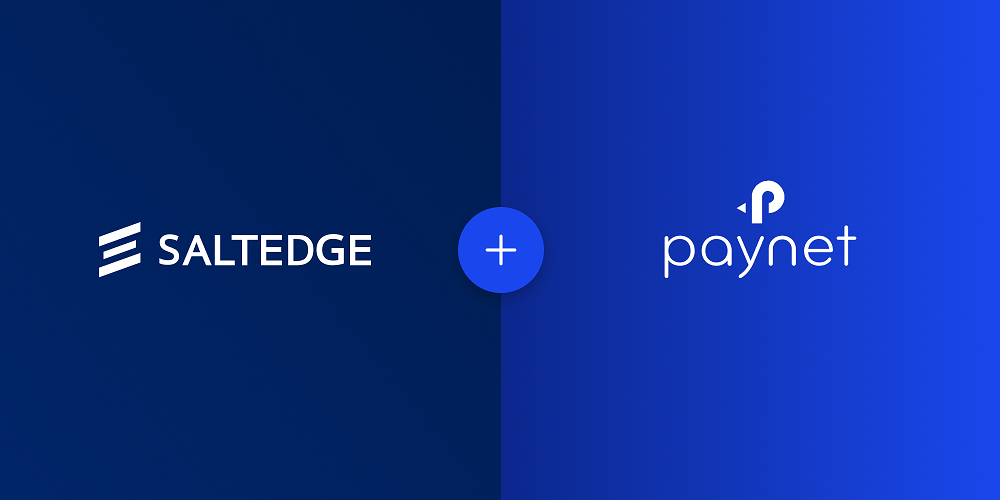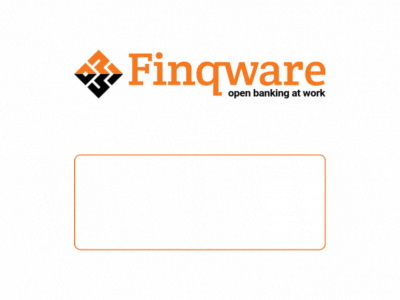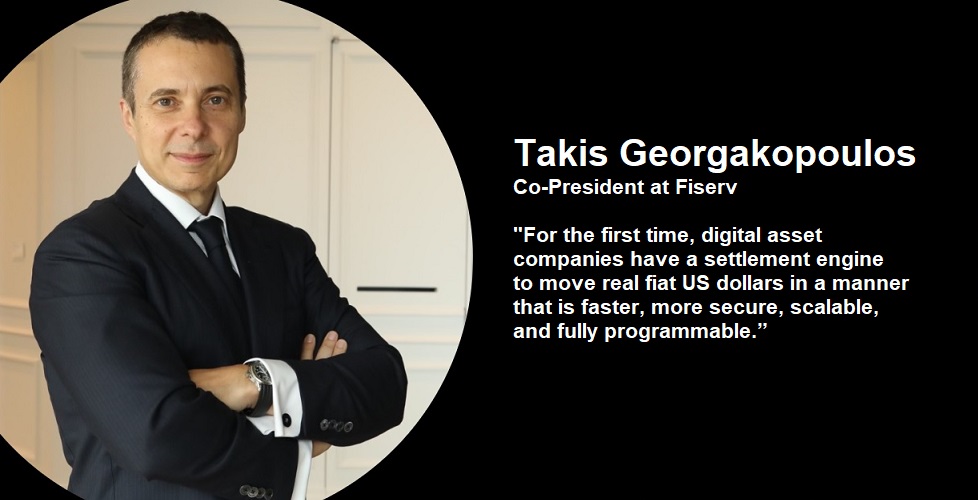Paynet partners with Salt Edge to meet Moldova’s PSD2 requirements

Paynet, Moldova’s first digital wallet and a leading electronic money institution (EMI), joins forces with Salt Edge, a global leader in open banking services, „to comply with the country’s PSD2 regulations” – according to the press release.
Following the effective deadline for complying with the Law transposing PSD2 into Moldovan legislation in February 2025, Paynet sought a trusted partner with globally proven expertise to conform to the new requirements. „With years of expertise in guiding financial institutions worldwide through open banking compliance and its ability to deliver reliable and timely implementation, Salt Edge stood out as the right choice.” – the company said.
Salt Edge’s full-stack Open Banking Compliance solution allows Paynet to align with Moldova’s regulatory framework while automating several key processes, including customer consent management, report generation, and fully managed support for Third Party Providers (TPPs).
„Working together with Salt Edge to implement an open banking solution will elevate our customers’ experiences and reinforce Paynet’s position as a leading fintech company in Moldova. This collaboration underscores our dedication to offering services of outstanding value adapted to the rapidly evolving market demands, marking a significant step forward in our mission to bring innovation to the financial industry.” – said Calin Gryadchenko – Chief Executive Officer at Paynet.
„This collaboration enables Paynet to optimise resource allocation and significantly reduce operational costs. On top of that, Salt Edge’s robust security measures help mitigate fraud risks and enhance overall security, leaving Paynet to focus on keeping pace with market trends and fostering innovation in the region.” – the company explained.
„We’re thrilled to support Paynet in achieving open banking compliance and meeting Moldova’s rigorous regulatory deadlines efficiently, all while enabling the company to deliver secure, reliable financial services to its customers. With Salt Edge’s Open Banking Compliance Solution, Paynet reinforces its commitment to providing businesses and individuals with greater control over their finances, contributing to a safer, more dynamic financial landscape in Moldova.” – said Dan Martalog, Senior Open Banking Solutions Expert at Salt Edge.
___________
Paynet is a major player in the Moldovan financial landscape, offering a seamless financial management tool for both businesses and individuals. The company launched the Paynet wallet, followed by the Paynet Mastercard. The Paynet wallet, an all-in-one app solution, enables users to easily manage their finances, from paying utility bills to making money transfers.
Salt Edge is a financial API platform with PSD2 and open banking solutions for every business. The company has two main vectors of activity: enabling third parties to get access to bank channels via a unified gateway and developing the technology necessary for banks to become compliant with the directive’s requirements. ISO 27001 certified and AISP licensed under PSD2, the company is integrated with 5,000+ financial institutions in 50+ countries.
Dariusz Mazurkiewicz – CEO at BLIK Polish Payment Standard
Banking 4.0 – „how was the experience for you”
„To be honest I think that Sinaia, your conference, is much better then Davos.”
Many more interesting quotes in the video below:












